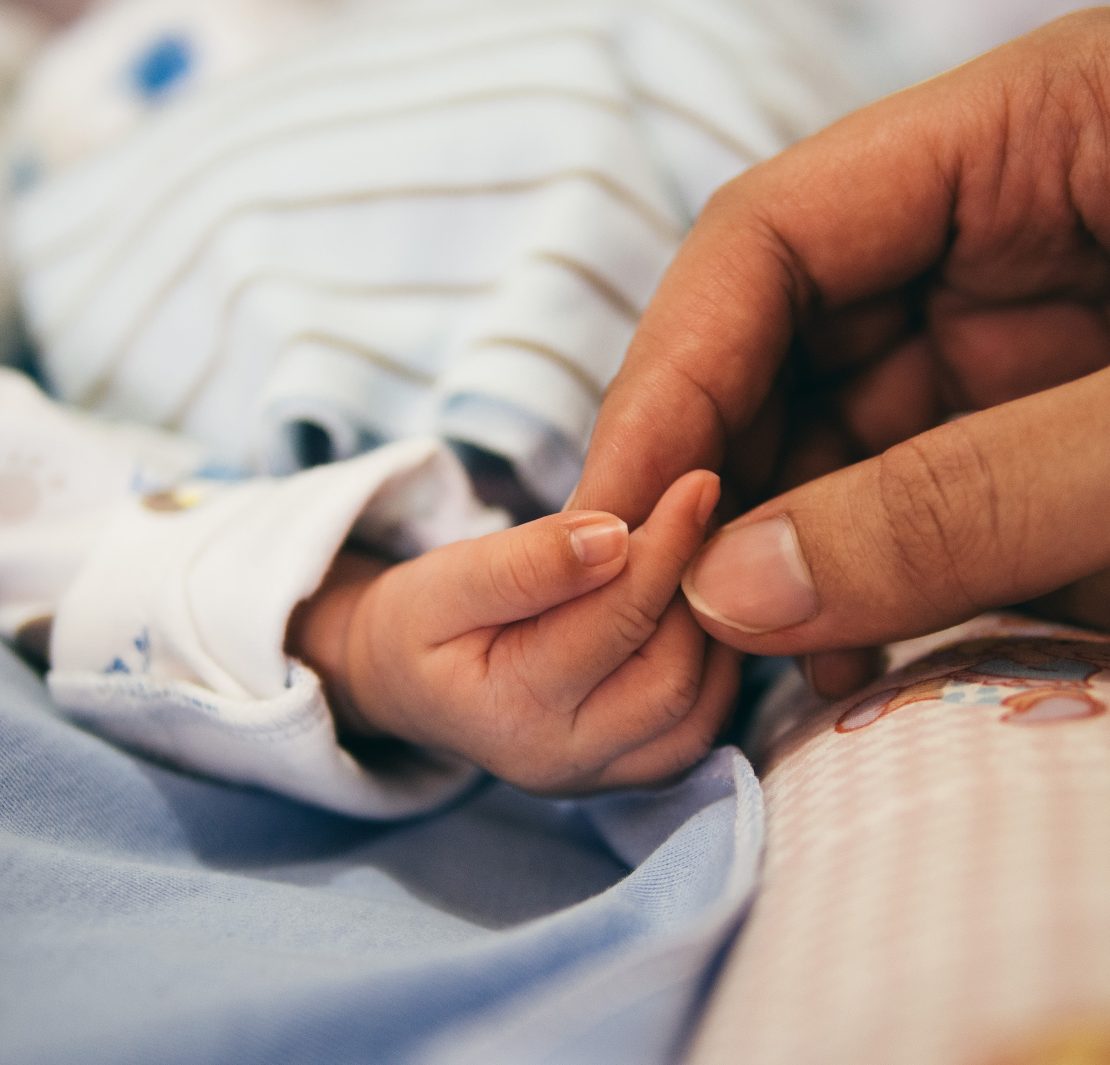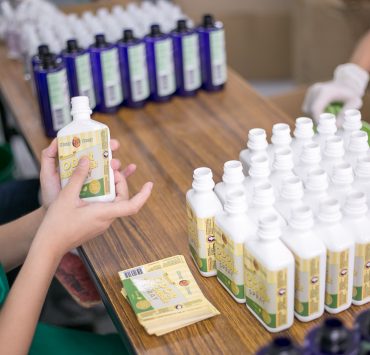Since the issue of Dengvaxia vaccine broke, many parents have refused to let their children be vaccinated causing a rise in the number of toddlers and infants affected by measles.
According to the World Health Organization (WHO), the Philippines is third worldwide with the highest record of measles cases over a 12-month period starting June last year. With a total of 45,847 cases, we are behind Madagascar and Ukraine. Children of ages 1 to 4 and infants below 9 months were the group that is most affected by the disease.
WHO said that the largest outbreaks happen in countries with low measles vaccination coverage leaving them vulnerable to the disease.
One of the regions with the highest record is Region IV-A CALABARZON with 7,213 cases in July and a total of 123 deaths, an increase from the same period as last year. Other areas with the same high incidence were from Metro Manila, Central Luzon, Western Visayas, and Northern Mindanao.
Measles is a highly contagious respiratory disease caused by a virus that can be transferred through sneezing, coughing, and close personal contact. Some of its symptoms include cough, runny nose, fever, conjunctivitis, and skin rashes that last for more than three days.
If not treated immediately, the disease could lead to complications like diarrhea, pneumonia, encephalitis, or blindness that may lead to death.
Some of the reasons WHO cites for dwindling rates of vaccinations are communities’ lack of access to quality healthcare due to conflict, and displacement, or in the case of the Philippines, misinformation about vaccines. To prevent measles from affecting another person, at least 95 percent vaccination rate is recommended by WHO among communities.
WHO stated that measles are seasonal, peaking in after the rainy season for the tropical countries but if people are not vaccinated, their risk of acquiring it is higher.
“Nutritional support and oral rehydration are important measures to increase body resistance and replace lost body fluids caused by coughing, diarrhea, and perspiration,” said Health Secretary Francisco Duque III. He also added that immunization and vitamin A supplementation for nine-month-old children are the best defenses against measles.
Header photo courtesy of Aditya Romansa on Unsplash
Get more stories like this by subscribing to our weekly newsletter here.
Read more:
WHO clarifies burn-out an ‘occupational phenomenon,’ not disease
Food is the therapy for our health issues at this genetic health and wellness center
We’re seeing an epidemic of measles—a “completely avoidable” disease
Writer: GABRIELLE PARLADE




